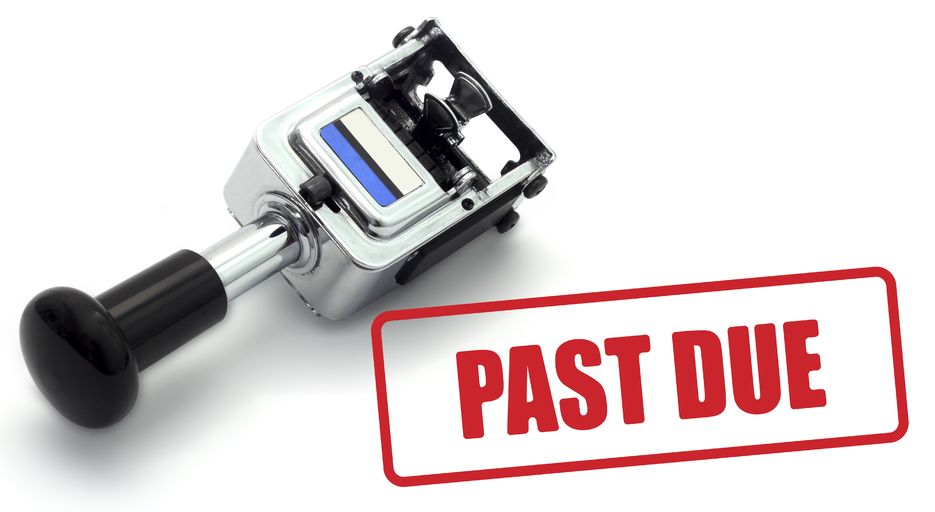The PA Lien Law and Auction Process

There are a lot of questions and confusion that surround the self storage lien law and the auction process, especially for small operators who have just one or a few stores. We are here to help you understand the complete process. The last thing any storage owner wants to have happen is to auction off storage units. We would rather have a paying tenant in each unit and never have to deal with liens or auctions.
Let’s review the lien law in the state of Pennsylvania and the auction process from the property management side of things. At Investment Real Estate Management (IREM), we have 11 storage properties we manage in PA, so we are well versed in the process here. It may vary slightly state to state, but the overall idea is basically the same.
Table of Contents
PA Storage Unit Lien Law Explained
First of all, storage owners never want to auction off a unit, for any reason. A storage facility will only auction the contents of a storage unit if the tenant fails to pay their rent for an extended period of time. Auctions are held only to regain losses and free up the unit so it can be rented to a new, paying tenant. Storage owners never profit from any auction.

At IREM, we follow these steps:
• At least four phone calls and emails are initiated from the contact information on file.
• If the property manager cannot reach the tenant through these attempts, he or she may contact the alternate person listed on the account as a next step.
• We send several paper notices – at five, fifteen and thirty days past due – in an attempt to bring the account current and prevent a lien on the unit.
• If the tenant provided an email address to the manager, these notices will be forwarded in an email as well.
At the point when the account becomes 30 days past due, the unit is over-locked and a lien will be placed on the stored contents. Operators are required to send a notice of this lien to the tenant via email, verified mail, courier service or USPS certified mail at the last known address on file. The lien notice informs the tenant of the past due status, provides the total amount due to bring the account current and lists the scheduled auction date.
Late fees and the subsequent auction of storage contents are not contingent upon the tenant receiving the notices that have been sent. Tenants are responsible for keeping their account current as their contact information changes. We send these notices to the last known address on file, so it is important that our tenants notify us when something has changed – such as phone, address and email – to ensure they can be reached. Our property managers go over this when a tenant signs the rental agreement, but it is the tenant’s responsibility to keep their information on file current.
To view the full PA Lien Law, visit the Pennsylvania Self Storage Association’s website.
Talk to An Expert on PA Lien Law
Storage Unit Auction Laws in PA
When Can Storage Units be Auctioned in PA?
Storage auctions in Pennsylvania take place when an account is at least 72 full days past due. Storage facilities are required by the lien law to advertise the sale of each individual unit publicly. This advertisement will appear at least 10 days prior to the scheduled sale. The ad is required to include the tenant name, unit number and the facility location, as well the date and time of the sale. We run these ads in the local newspaper for any auctions we have scheduled each month.
Tenants are able, and encouraged, to make their payments at any time up until the moment the auction begins. If full payment of the past due rent and fees has been made by the tenant prior to the auction, the sale of that unit is canceled, all ownership of the contents is restored immediately to the tenant and the over-lock is removed.

The auctioneer will begin the sale with a minimum bid. Attendees are bidding on all the contents inside the unit, not individual items. Just like any other auction, the sale is closed by the auctioneer to the highest bidder. Payment is taken, in cash only, and applied to the auctioned account. If the auction brings in an amount greater than the balance due, the overage will be sent to the tenant. If we cannot locate the tenant to refund the proceeds, we send the proceeds to the unclaimed property division of the Pennsylvania state government. Investment Real Estate Management only retains the original debt of the tenant.
Storage facilities never want to auction the contents of a unit. Auctions typically cost the storage operator more money in employee time and effort (and sometimes paying an auctioneer) than what is recouped by the sale. However, they are a necessary occurrence to keep all units rentable and bringing in revenue at all times. For more information on the Pennsylvania lien law, please visit www.paselfstorage.org or contact us at any time.

